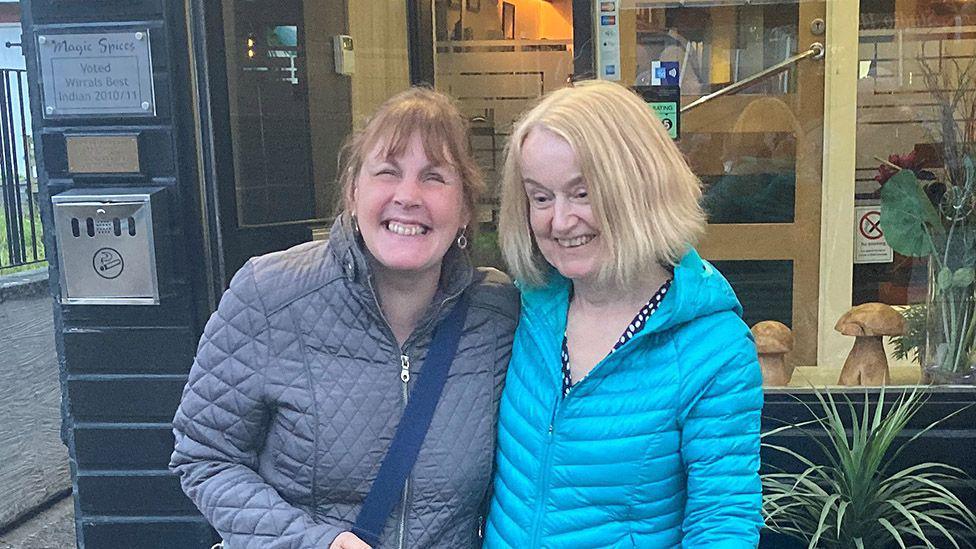Blind woman to vote in secret for first time
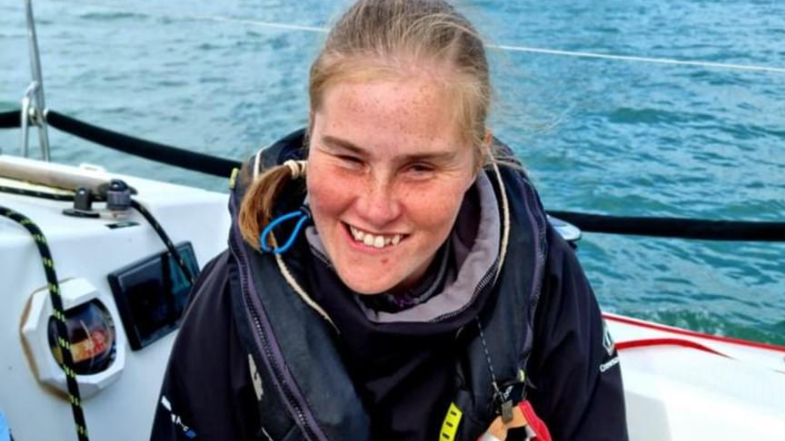
Kate Healey is set to vote for the first time without assistance from family or friends
- Published
A blind woman has said being able to vote in secret for the first time is "a step up on the independence ladder".
Kate Healey, 34, from Winchester, has previously had to vote by post or have assistance at the polling station.
But on Thursday she will be using a device called the McGonagle Reader, which combines an audio player with a plastic template to help her find the voting boxes on the ballot paper.
Ms Healey, who applied in advance to local electoral services to ensure she could use the kit, will be able to wear headphones to ensure her vote is kept secret.
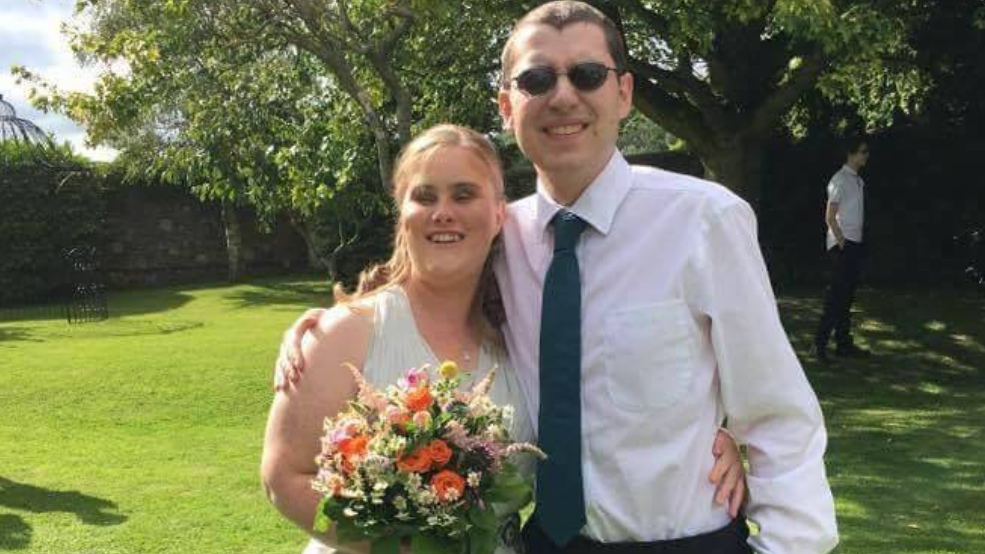
Kate Healey has previously had to rely on her partner Mike for support when voting
The vast majority of blind people have to be assisted by a companion or a polling staff member to read or mark their vote on the ballot paper.
This can leave voters feeling humiliated and vulnerable, the Royal National Institute of Blind People (RNIB) said.
Ms Healey said: "I've previously voted with the help of a neighbour, friend or my partner.
"I don't like to ask staff because they are a stranger to me."
Ms Healey explained that at previous elections she had felt the process was "very out of date with no privacy" but that the McGonagle Reader would make things far better this time.
"It may not be groundbreaking news but for me it means everything, it's a chance to have exactly the same voting rights as everybody else in the UK and a step up on the independence ladder," she said.
"It really means so much to be treated the same."
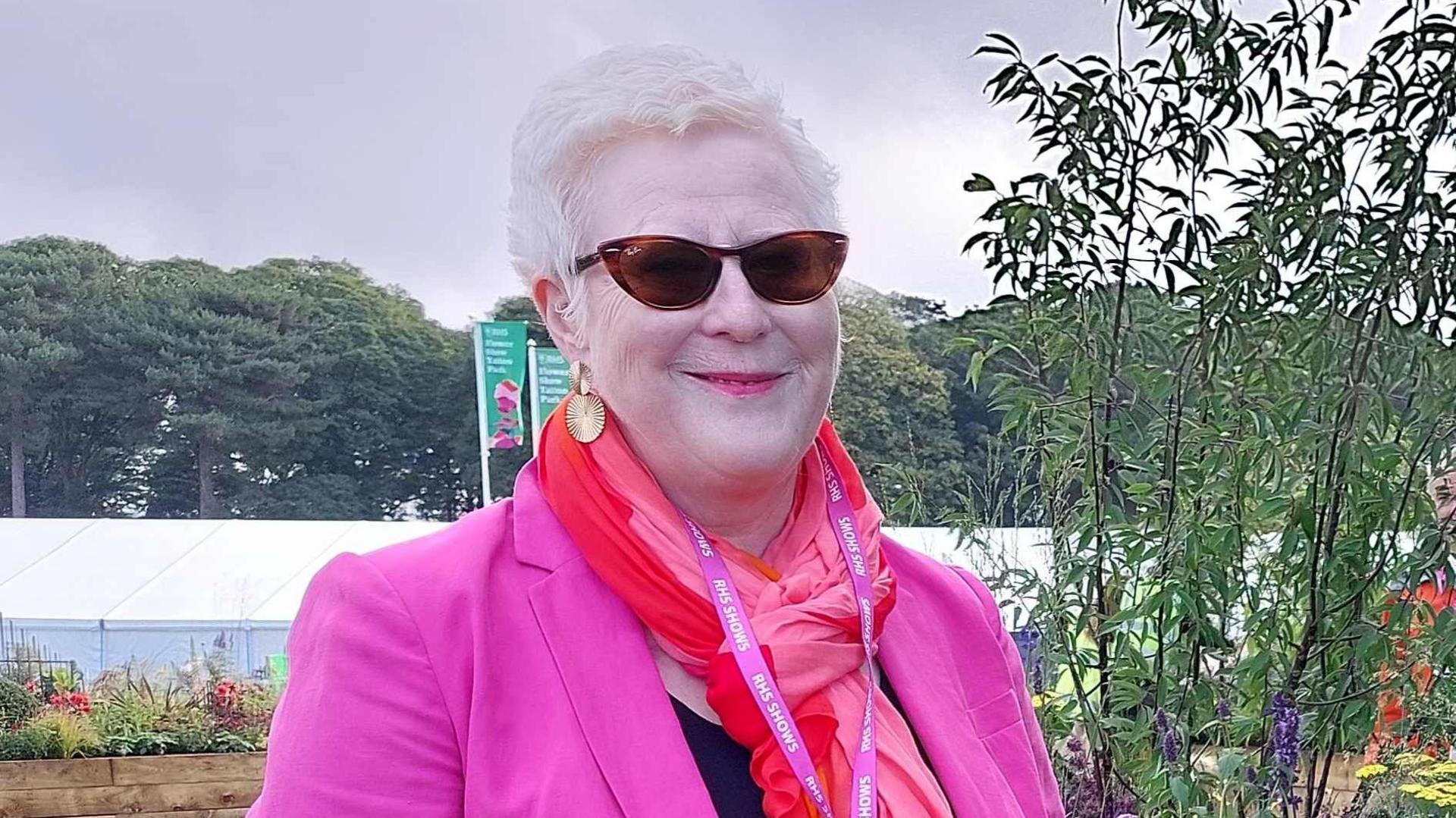
Anna Tylor, of the RNIB, said about two million blind and partially sighted people face barriers to voting
RNIB’s chair of trustees, Anna Tylor, said: “It’s been over 150 years since people have had the right to vote in secret, but this right still isn’t afforded to many of the two million blind and partially sighted people like me who face significant barriers to voting independently.
"Voting remains a fundamentally visual exercise."
She explained the charity has heard that often blind and partially sighted people have had to "make their choices out loud, robbing them of their secret vote, leading to discomfort and uncertainty about whether their vote was cast as intended".
The charity has written an open letter calling on the next Prime Minister to make voting accessible for all to ensure visually impaired people can cast their vote independently and in secret.
Follow BBC South on Facebook, external, X (Twitter), external, or Instagram, external. Send your story ideas to south.newsonline@bbc.co.uk, external or via WhatsApp on 0808 100 2240, external.
- Published24 June 2024
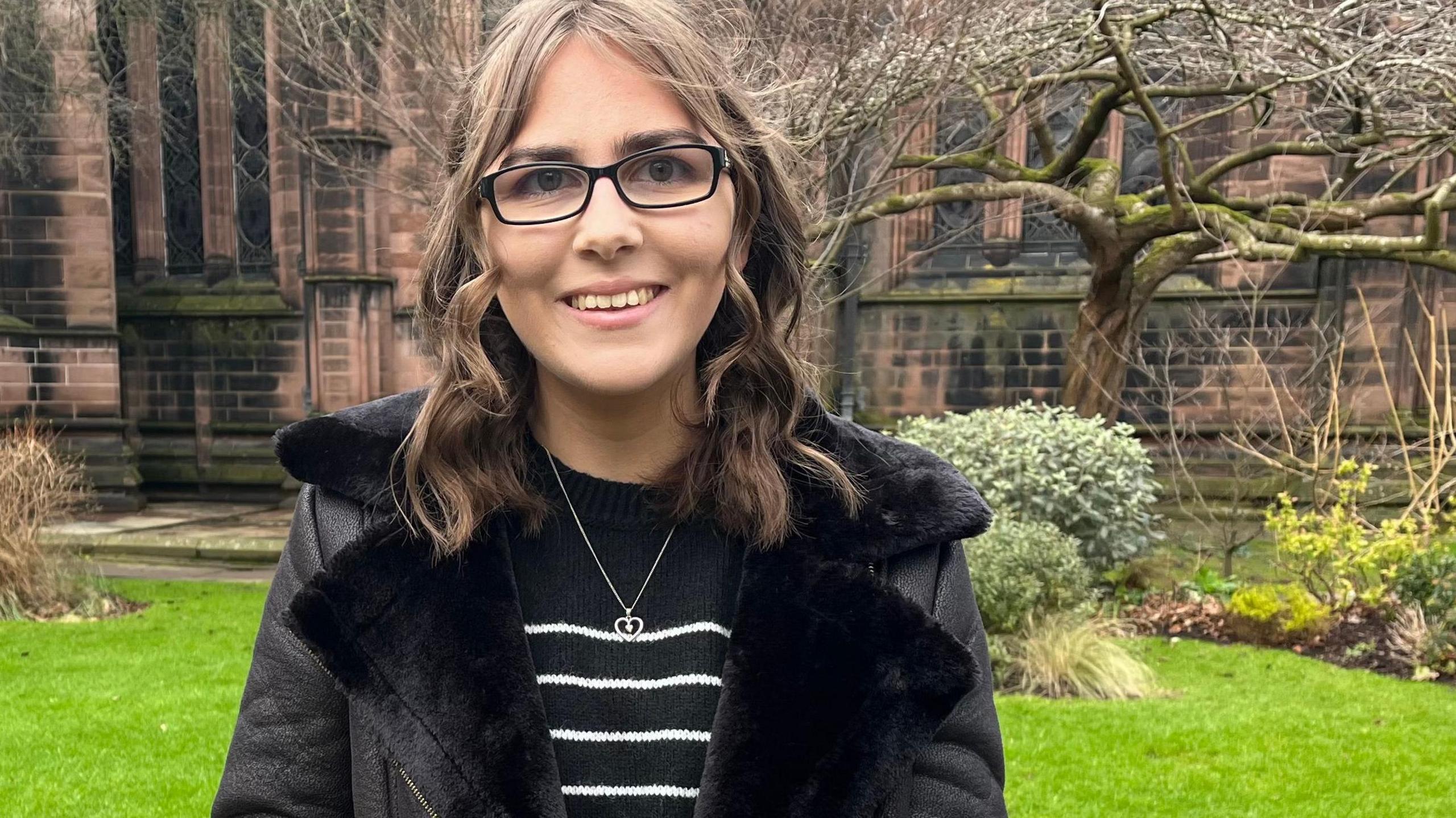
- Published17 June 2024
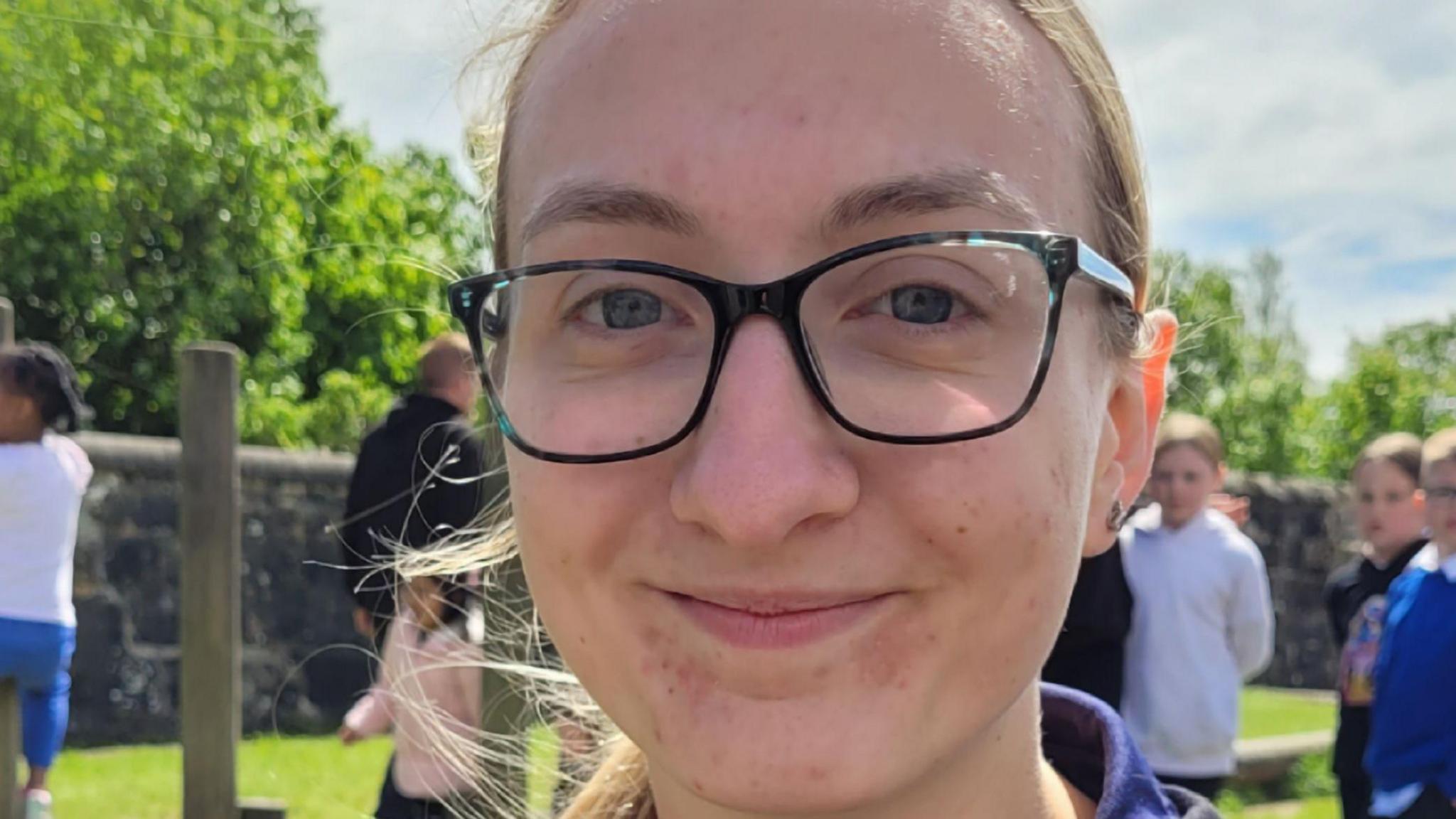
- Published19 June 2024
